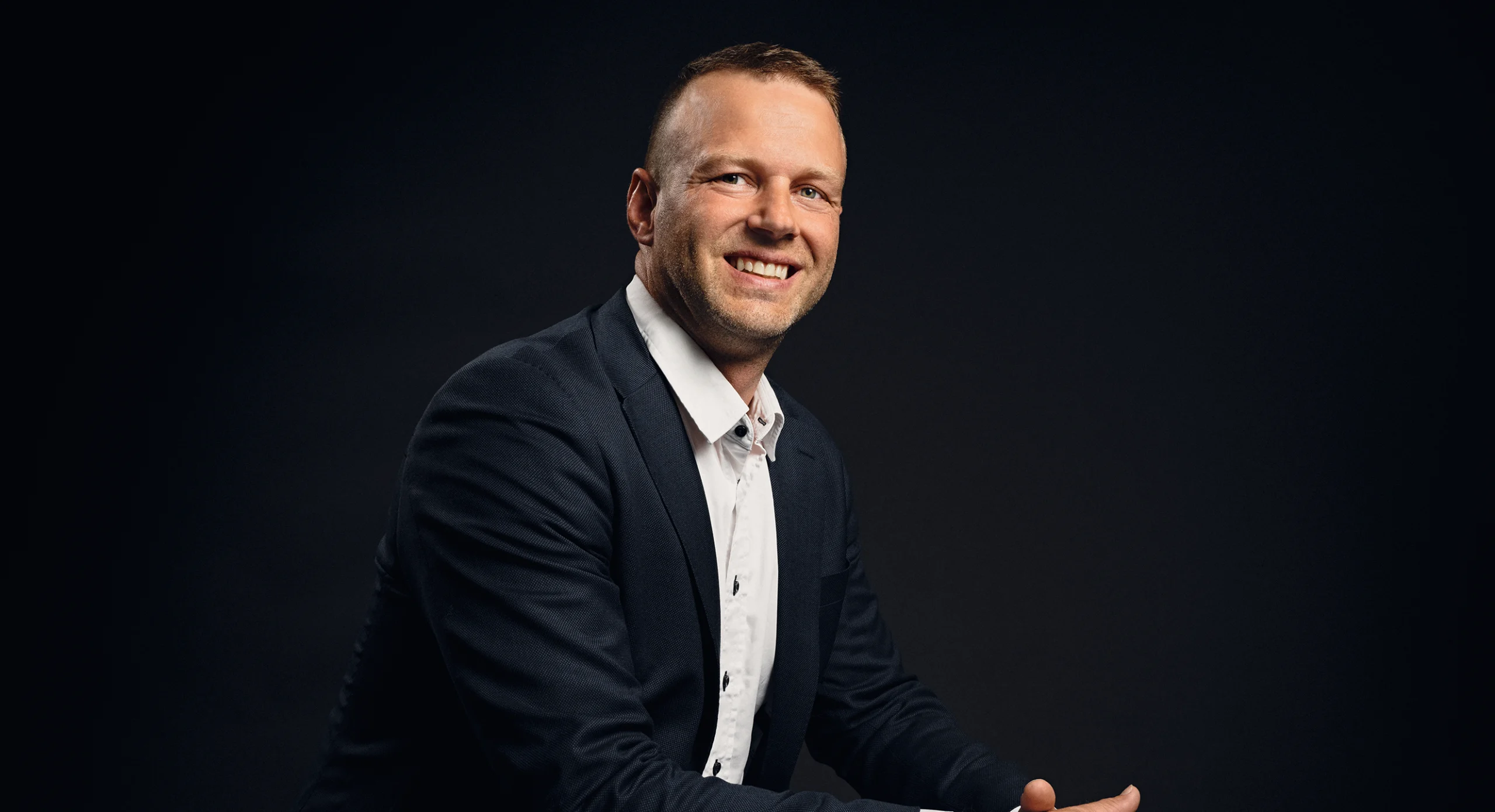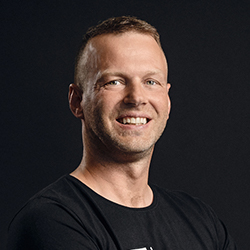Together we understand more

While writing this blog, I’m sitting in a hotel room in Manila, and there is 27 degrees outside. From my window is a view of the business center, with its high towers, where international companies produce their services globally. A little further, the picture changes. We can see poverty and very little external well-being. Despite this, there can be seen happy, smiling, and polite people everywhere. It makes me feel good. The substantial service culture can be seen everywhere.
Filipinos are family oriented and very communal. If they leave for the other side of the globe, their ties to family and relatives are not broken but are sustained in many ways.
That is why it feels so extraordinary to reflect from a Western perspective on this moment and era, which is emphasizing the consideration of the rights and needs of the individual. It can be seen all around us, both in public conversation and within companies and families. We rant about freedom of speech and everyone’s right to an opinion. It doesn’t matter if we hurt others. The most important thing is that I can say and act on what suits me the best.
Of course, many of us want to increase and understand diversity – though we sometimes tend to choose, in which cases this is acceptable. Some of us are just waiting to go back to the old days because nothing has changed for the better.
No matter how we understand the world, all these disagreements between views are also reflected in the political debate and those decisions that have far-reaching consequences from the perspective of society, companies, and individuals.
No time to slow down the development process
For example, in the healthcare sector, we can still see, after multiple decades, that time is wasted on differences of opinions and values instead of tackling the challenges in solution-oriented ways. What is the role of the public and private sectors in providing services? Can nurses be recruited from abroad if no workers can be found in Finland? Is it right to use temporary workers? Who will care for the elderly and the sick when we run out of employees?
We need a workforce in different business sectors. At the same time, we have recognized young people’s fears about working life, and our concern of mental health challenges is growing. Working is not profitable or at least financially attractive for several groups, such as the unemployed, those on parental leave, students, or pensioners.
Although we have identified the challenges, we are unable to find the solutions. Instead, the discussion is leading nowhere, and we are stumbling in political bottlenecks and structural and legislative problems. As a result, our competitiveness and well-being have been compromised significantly.
Our common goal promotes the good for all
When thinking about Filipinos and what kind of experiences I have had here, our very individualistic way of thinking has led us to this. If we genuinely want some good for each other and this society, common goals should drive us forward. Ultimately, the problem is not our diversity or the fact that we disagree on things. The problem is that we cannot agree on the most important ones like; the current situation cannot continue like this.
We are like a cyclist at a crossroads, where we do not know whether to go first or dodge the motorist. Because we are afraid of what will happen if we cross the way and not knowing who will dodge, we are frozen. And so are the numerous others on different sides of the road. If we decide which one to give way to first at the crossroads and acted that way, we would already be a long way in development.
We need actions not just discussion
We must get the political decision-makers and the entire business community on a common front, such a spirit that we will now solve these issues together. The idea of doing work becomes something people want, can, and are motivated to do. We are changing the bureaucracy so that it serves our interests in the long term. We do not close our eyes to inequality, or the challenges brought by new methods. We don’t build physical or mental walls around us, and we don’t promote anything that takes us toward the old world.
Looking around, we can see how stopping the developing process turns into a bloody war without a genuine desire to makes this world a better place.
It does not take anything away from me when thinking about my neighbor. This thinking is strengthened when I think about our employees who have left the Philippines and want to remember their families by supporting them from Finland or trying to bring them to Finland.
How about turning the view from us to others? Let us cross that road.
